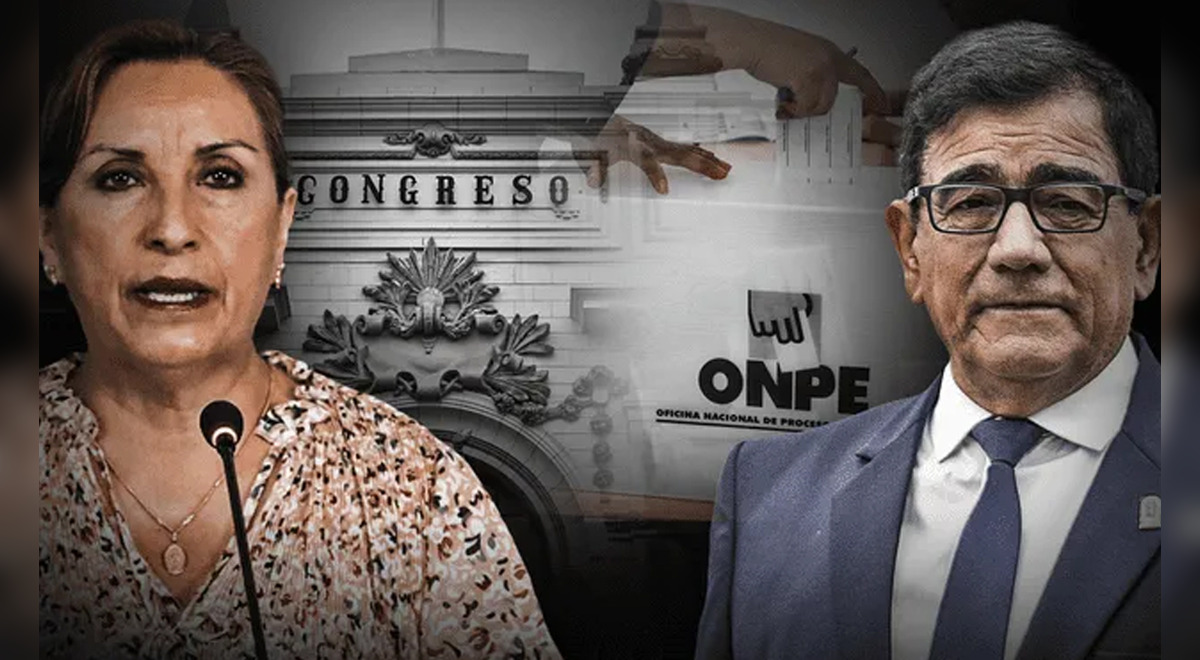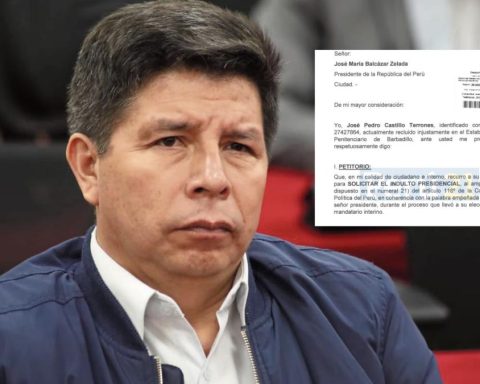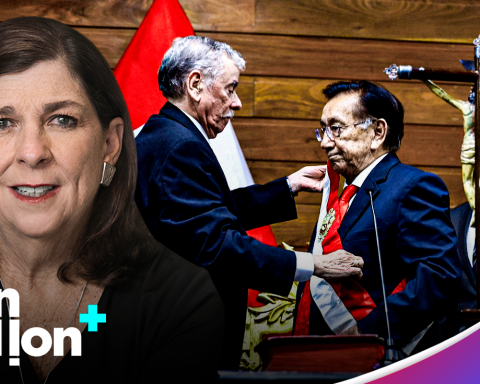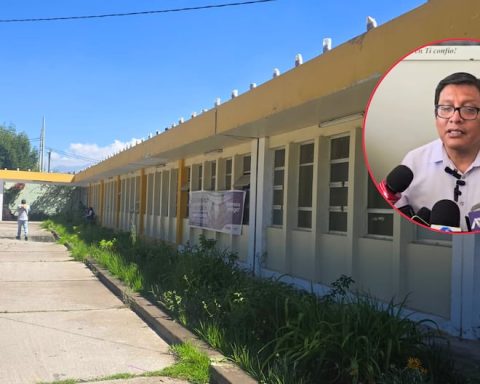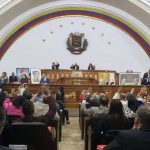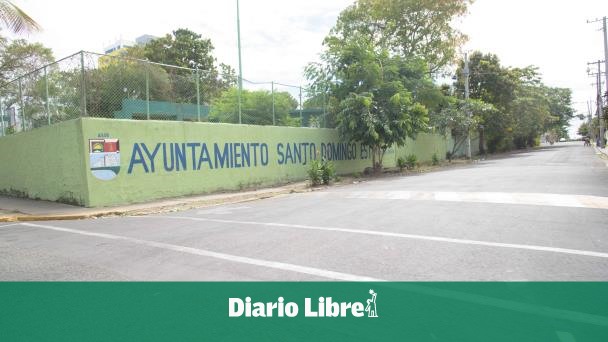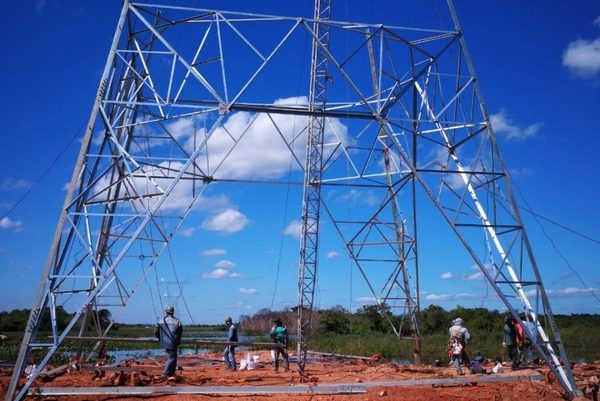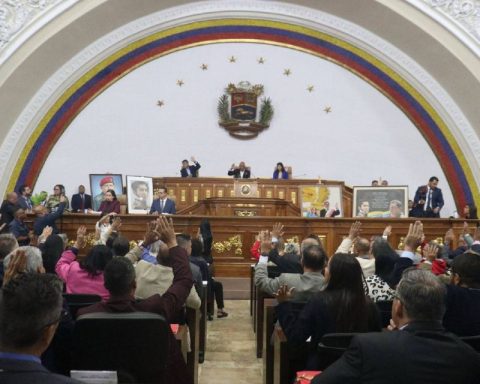positions. The vast majority prefers to elect another government and a new Congress in elections this 2023. 76% disapprove of Boluarte, only 17% approve. For 74%, they must resign.
The vast majority in the country, close to three quarters of the population, consider it more convenient to have general elections this year, according to the latest national survey by the Institute of Peruvian Studies (IEP) carried out with La República.
The study consulted the population from Saturday the 21st to Wednesday the 25th and has margins of error of 2.8 points above and below each result when representing the national situation.
Approximately 73% of Peruvians believe that the most convenient thing for the country at this time would be to have general elections this year. This is, close to three quarters of Peru or 7 out of 10, roughly.
20% of citizens consider it better that these elections be held next year. Only 5% believe it is more convenient to have them until 2026.
The preference for 2023 is more widespread in rural areas, in the south of the country and among the poorest (levels D and E).
The recent decision of Congress on this issue turns its back on the vast majority of the country.
76% of the population disapproves of the way Dina Boluarte leads her government: some three quarters of Peru give her this negative rating. Only 17% approve of the way in which the president directs the Executive.
Disapproval of Boluarte is greater in the south. 71% of citizens fail the performance of Alberto Otárola in the PCM. 20% give their approval.
A resounding majority of 89% of the nation disapproves of the action of Congress. Only 7% approve the Legislative.
This negative rating is more common in the south as well.
76% of the population disapproves of the president of Congress, José Williams. Only 14% approve. 74% of Peruvians, close to three quarters of the entire country, believe that Boluarte should resign. On the other hand, 24%, a quarter of Peru, think that he should remain at the head of the Government.
The preference for him to resign is more widespread in the south.
58.8% of citizens do not know who to consider as a possible good candidate for the presidency in the next elections and 17.3% believe that no one would be.
Only 24.1% think of someone as a possible good presidential candidate and all those considered have very low support: Hernando de Soto (3.6%), Rafael López Aliaga (3.3%), Keiko Fujimori (2.1% ), Pedro Castillo (1.8%), Yonhy Lescano (1.7%), Verónika Mendoza (1.7%), Martín Vizcarra (1.5%), Antauro Humala (1.1%), Aníbal Torres ( 0.9%), Alfonso López Chau (0.8%), Francisco Sagasti (0.8%), Salvador del Solar (0.6%) and Daniel Urresti (0.5%), among other figures.
In rural areas, there is more uncertainty about who would make a good candidate.
The men and women who did not want to leave
Analysis by Patricia Zárate, head of Opinion Studies at the IEP
At the end of Friday we expected with great doubt that the congressmen would approve the call for general elections for this year 2023. However, for a change, the extremes of the left and right came together again and voted against. Some will say that it is because of the constituent assembly and others that it is because of the political reforms. Neither of the two excuses convinces.
Although there is a majority that wants a constituent assembly to change the Constitution, they are not very familiar with what we have and, from what we have been able to see, the change is thinking of a statist economy, tinged with conservatism and authoritarianism. On the other hand, there is talk of the need for reforms, whoever says that it is better to have elections in 2024 to make reforms is, at best, naive. Political reforms do not always bring good results, such as the one approved under the Vizcarra government to not re-elect congressmen.
Meanwhile, the protest continues, more than half of the citizenry identifies with it and mostly agrees with several of its demands. Not all of them take to the streets, but those who do, in some way, represent a group that is not so minority. Will these mobilizations and protests lead us to a better democratic scenario? I doubt it, we have not managed to have a democratic citizenry that respects the institutions or that seeks to build better institutions, even less that can dialogue with other people with whom they do not share similar points of view. Neither a constituent assembly nor a political reform will improve the outlook.
